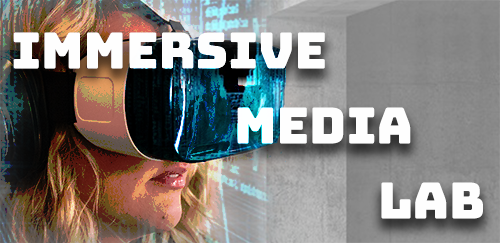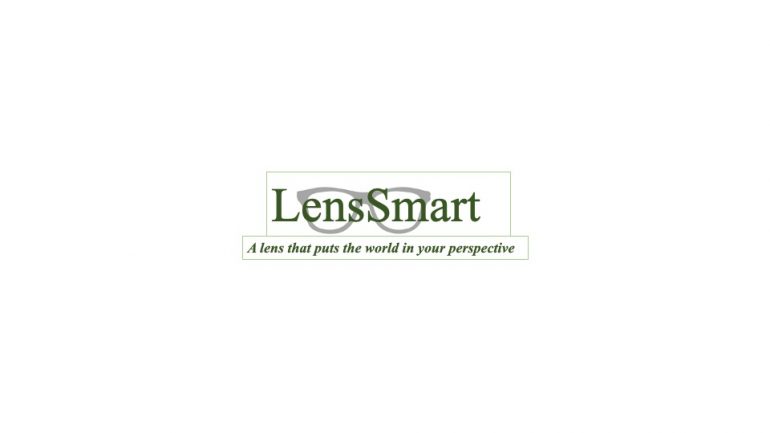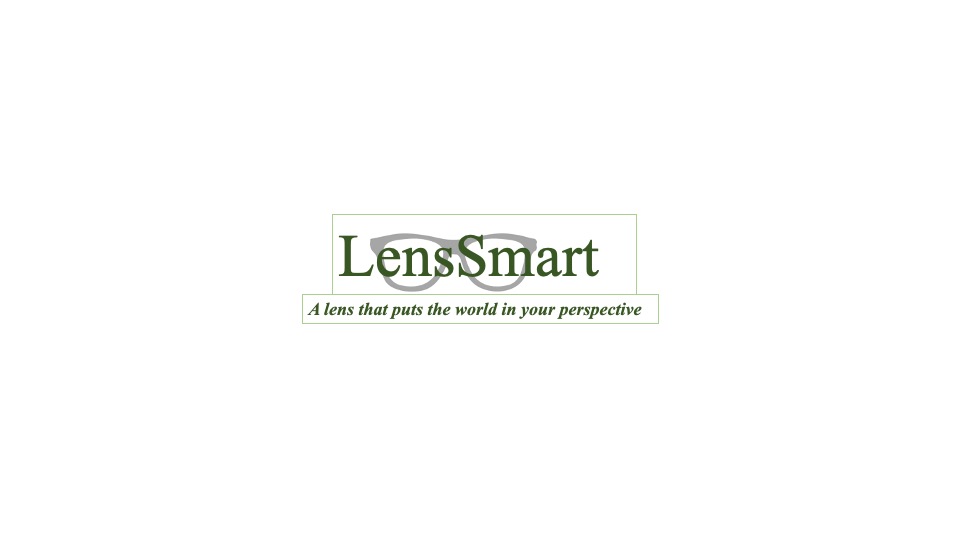
LensSmart introduces the first of its kind smart glasses specifically aimed at assisting ADHD (Attention deficit hyperactivity disorder) adults in their home environment. Using Augmented reality (AR) and Artificial intelligence (AI), LensSmart breaks down its user’s daily to-do list and then using AR highlights the tasks to them in their real environment. Users can visualize the tasks they need to do and are focused on completing smaller tasks as opposed to setting themselves out to do large tasks that often lead to the task being avoided all together.
Adults with ADHD often face cognitive challenges that impact their ability to organise themselves, focus on tasks, time management or even control impulsivity. LensSmart inserts itself into their physical environment and streamlines the process of completing daily chores, something that ADHD adults struggle with.
Rather than attempting to clean the entire house in one go, the user is now completing smaller tasks as this is more suitable to their cognitive abilities. The glasses are supported by an App in which the user can upload their daily to-do list. ADHD is not a disease that has a permanent cure or endpoint and thus LensSmart uses Artificial intelligence to constantly learn about the user and grow with it, providing ADHD adults an opportunity for them to design their own reality.
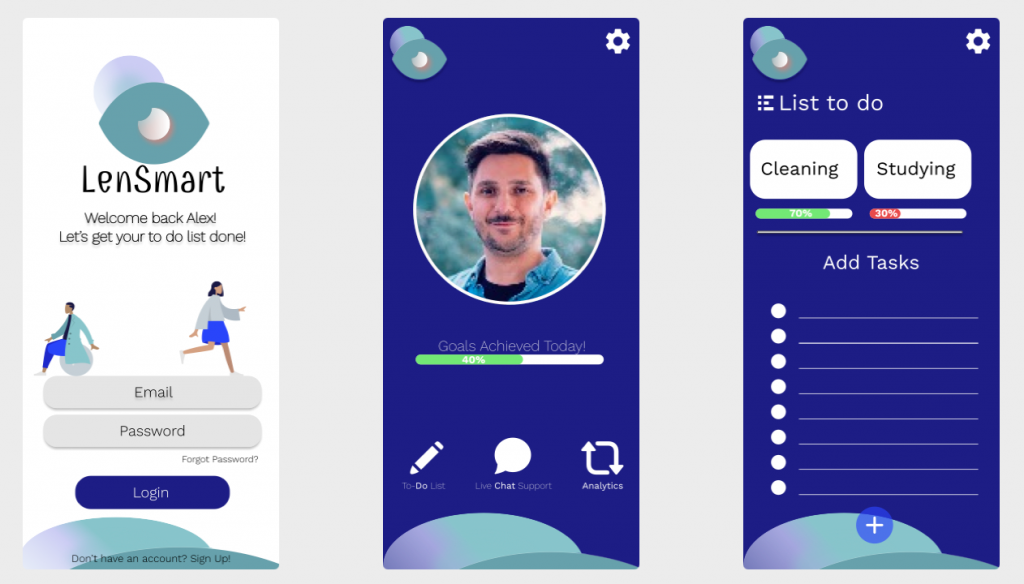
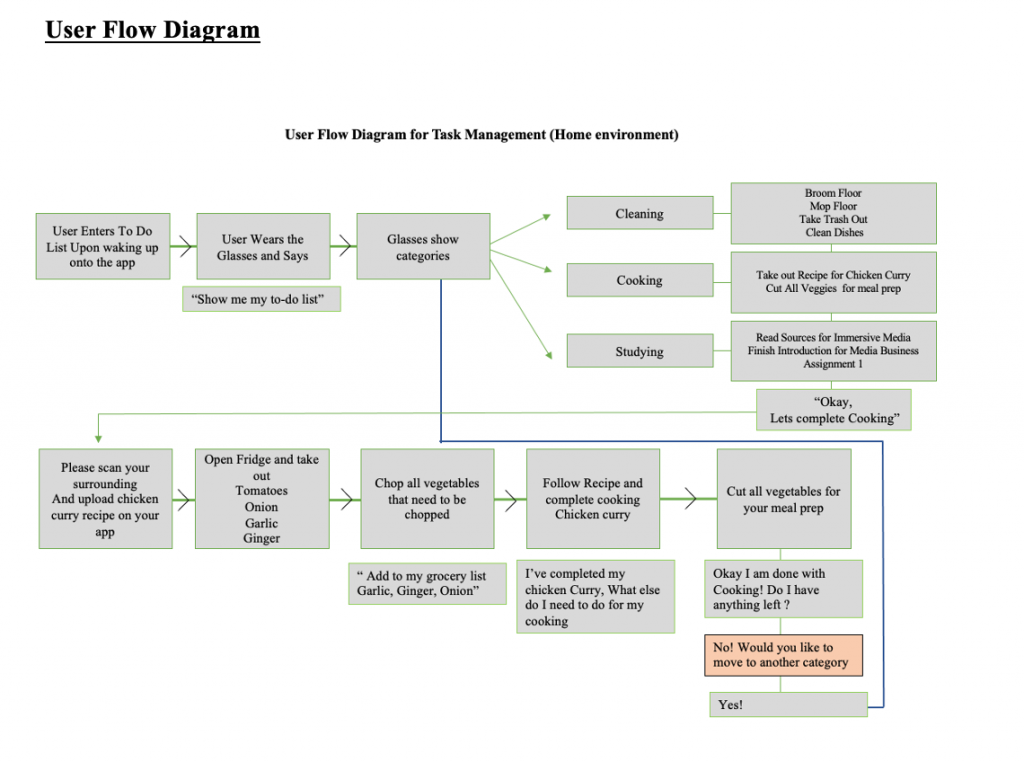
The user experience will primarily be delivered through the AR glasses. LensSmart has specifically chosen smart glasses as the technology allows for a multi-dimensional experience. Being hand free the user can continue to work and when needed use the visual User interface. In addition to this, with voice commands and sensor commands, the user can detach from their phone and learn to build focus spans. The experience leans on technical learning from the establishment of ‘picking technology’ which has been seen rapidly rising in Warehouses. The most important benefit learnt from this application has been that these glasses reduce the cognitive effort that users must put to complete task. This is the key benefit that needs to be harvested and applied to ADHD assistive technology as reducing the cognitive stress on ADHD adults could increase their productivity. In 2014, DHL did a pilot study using AR smart glasses (Vuzix and Google Glass) to test if it could drive highly efficient warehouse picking management systems. The pilot showed a 25% increase in the efficiency. Essentially, LensSmart would also navigate the users in their home environment and highlight to them the tasks that need to be completed by using the camera in the glass for scanning.
LensSmart understands that a homogenous user experience for the ADHD community is not possible as every user has different cognitive abilities. An ADHD student in college could train the glasses to remember where they keep their keys and to constantly update where the item was last seen. However, this might not be a feature useful to someone else, who might prefer that the glasses supervise their study session. LensSmart has focused on a common challenge for the ADHD community, i.e task management, but has allowed the user to decide how they want to use the product.
